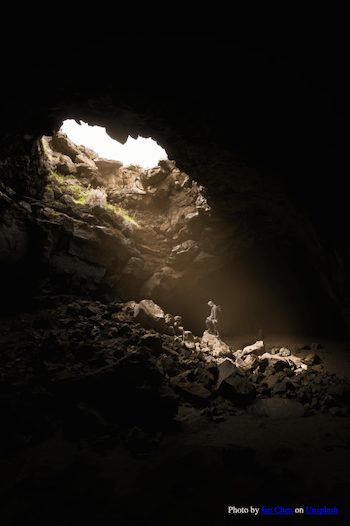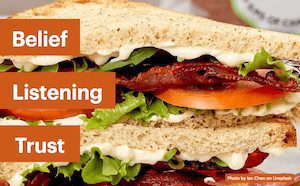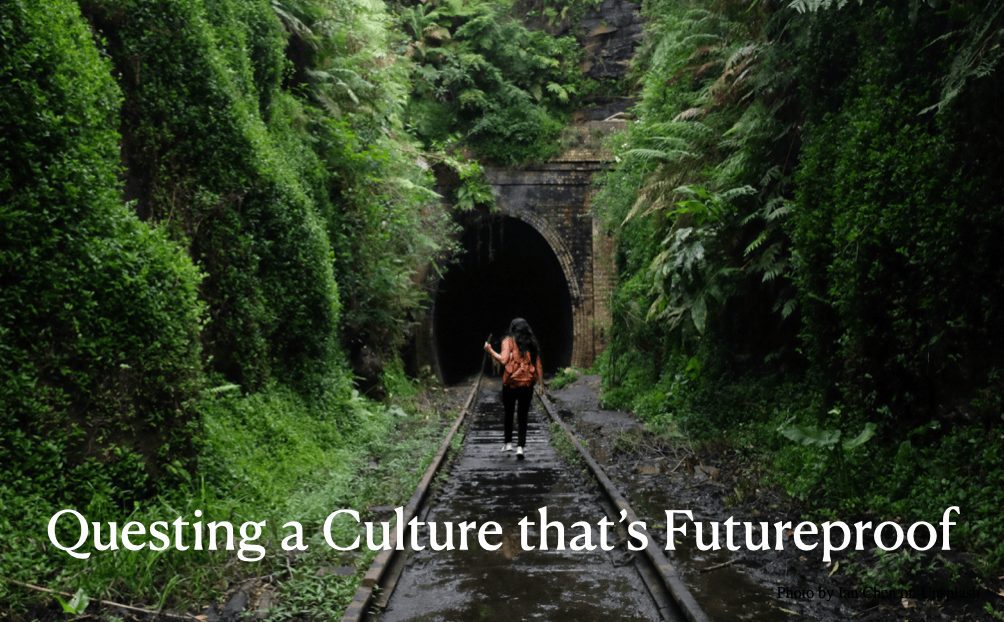Do you have a go-to comfort food? When I’m in need, I have a couple of staples including the bacon cheeseburger. These days, I have felt an urge to seek out more comforting than usual. And, in my observation and conversations, I’ve heard many others saying the same thing. That got me thinking about why and what to do about it? There’s probably an element of nostalgia related to my choice of the bacon cheeseburger. There’s also a facility: I don’t have to think much about it. It’s not complicated. It’s food that I enjoy with a little naughtiness on the side. When I’m feeling a bit down or sagging in energy, it’s an opportune time for comfort food. But why I’m seeking comfort?
Why am I seeking comfort?
In these challenging and changing times, where we’re constantly being thrust out of our comfort zone, many of us may be seeking some form of refuge. Comfort food requires less decision-making. Notwithstanding the fact that it is not healthy (or perhaps because it isn’t), I feel I can relax for the duration of the meal. Certainly, depending on your situation, there’s a scale going, from thinking about it to bingeing on it, with a host of different pathologies in between. The key for me is first being able to recognize in myself that I am seeking more comfort food. The why is certainly related to a lack of internal energy. As David Lapin highlights as part of his Lead in the Moment framework, there’s a difference between fatigue and depletion. The issue in being depleted, as opposed to being tired, is that we don’t recuperate with a sound night’s sleep. Fundamentally, we are somewhat rudderless. We may yet be doing lots of things, but the energy and acuity in our endeavour is sub-optimal.
Why the “heavy” fatigue or depletion?

Surely, many of us suffer from a sleep debt. But that’s not the whole picture. In fact, some of us may be staying longer than usual in bed. If nothing else, the bed is comfortable and outside it means change and effort. Because of our pavlovian tendencies, through the challenging times, there’s a natural wish to return to an order, a set of habits that lend us the appearance of doing something. However, on top of an ever-ending flow of issues, uncertainties and new technologies with which to contend, this pandemic has brought about a bona fide and world-spanning existential crisis. As a result, there’s been an acute realization that we may not be maximizing our satisfaction and/or living up to the maxim that “life is short.” What are we doing that actually matters? Why am I busting my buns to make some or other shareholder richer? And for those working with questionable ethics — whether they’re religious or not — there’s a niggling possibility that one’s legacy won’t be particularly positive. At the very least, the look in the mirror isn’t a good one. And as the probability of death settles in, one realizes that the only real gift one can leave — especially important for parents — is one’s reputation.
Getting energized
Some activities bring us energy, while others drain us. Have you got a good grip on which ones do what to you? As Jenna, whom I met thanks to the networking site LunchClub, said, we need more questing. I tend to use the term, side hustle, but I find questing far more robust. It’s central to the issue: how much of what you do turns you on and generates energy? Even when the quest-worthy activity requires work, its payback is in the energy — aka passion and fun — that it procures. So, the challenge is how to integrate more questing into your day-to-day life? When our side-hustle is part of our main hustle, then you are likely to get more energized.

Creating a futureproof culture
As a leader of a team or organization, there are two necessary conclusions and it takes a good deal of intentionality. The first is to recognize that EVERYONE is likely feeling a certain level of discomfort. As such, you’ll need to flex your empathic muscle (especially if you’ve not been feeling depleted yourself). Secondly, it is to find ways for everyone on the team to lean into what they’re doing at work to find a link into their own quest. At the very least, everyone needs to feel like they are contributing, that their inputs matter and, ideally, that they too are being heard. This is what I call creating a futureproof culture.
Leading into the future
No one has 20/20 vision on what’s upcoming so it’s important to work on that which you can craft and impact. Specifically: the intended culture of your organization. For leaders and employees in your company, it takes a relative leap of faith that your brand will continue to exist in the future. For many, their job is the main basket into which all eggs are being placed. Especially in these troubled and rather chaotic times, it’s easy to feel nervous about the future. As such, we tend to act from a place of worry and fear. As a leader, it becomes incumbent to lead from the front to create the culture you want including, I suggest, at times avowing your own vulnerabilities. If you see me eating a bacon cheeseburger, you’ll now know why! By being authentic, fair and firm, you can more easily tap into everyone’s discretionary energy.
Questing a Culture that's FutureproofBy being an authentic, fair and firm leader, you can more easily tap into everyone's discretionary energy. Share on XTake a bite of BLT
To affront the uncertain future, I believe that leaders need to push three core concepts in order to galvanise the teams and unleash their discretionary energy. Funnily enough, it has the B.L.T. acronym (and I must admit that the BLT is a good alternative comfort food for me!).

- BELIEF. Does your team believe in the vision you’ve painted? They need to know YOU truly believe in it. They’ll want to see actions that validate the words. What’s the story you’re telling that drives that belief?
- LISTENING (and Empathy). Are you prepared to listen to everyone’s inputs? Are you able to listen without imposing your own issues, past or future worries? Are you milling with and listening to your stakeholders and customers? It’s desperately easy to get into order-giving mode (i.e. fear and control) during a crisis. I say it’s even more urgent now to ask open-ended questions and listen actively.
- TRUST (in the process and people). True trust starts inside out. Do you trust yourself fundamentally? How trusting are you of strangers, much less your own friends… and your team? Especially in remote working conditions, trust will be the glue that drives team adherence and leads projects to their successful completion. In the end of the day, if you trust your people and the process, good results are more likely to follow.
To Quest a Futureproof Culture, Ask Yourself:
- What are the signals you have about your own energies? What are you doing to restore and replenish your energy?
- What are your core values that underpin your belief systems? Are you living them daily?
- How are you integrating your “quest” into your daily life?
- How can you help your team do the same?
- How will you show up when the chips are down? Are you modelling the behaviors you want throughout your team?
- What’s the story you are telling yourself and your team that will foster a greater belief in the future?
- And last: are you creating a culture at work that your grandmother would be proud of?
Your thoughts are welcome!











